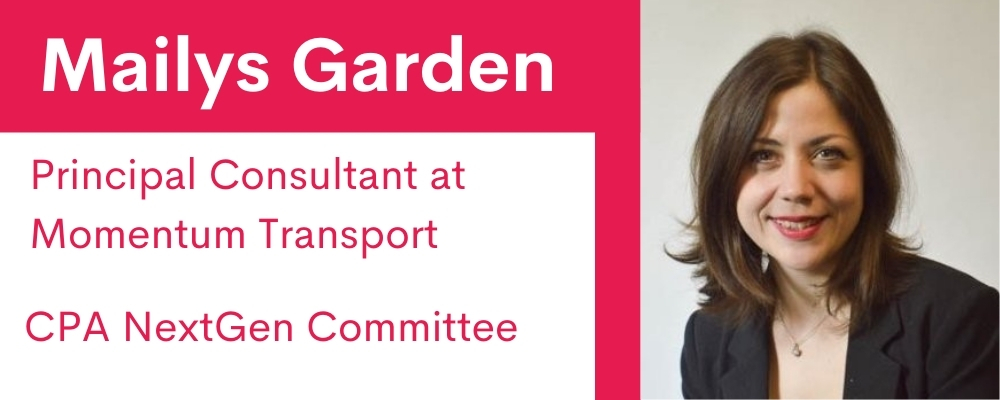Mailys Garden (Principal Consultant at Momentum Transport & NextGen Committee member) reflects on our recent CPA NextGen Changing User Needs webinar, supported by NextGen champions Gardiner & Theobald.
Covid-19 has changed user needs and expectations of the built environment in some profound ways, creating challenges for London’s property sector. In August, the City Property Association NextGen committee invited an expert panel of industry leaders to discuss the role of design, technology, innovation and governance in responding to these challenges.
The panel outlined three key trends in how Covid-19 has impacted the City of London’s built environment: well–being in the workplace, the role and nature of retail and climate change.
For some time, there has been a growing demand for more flexible working and a better work-life balance. There has been an increased desire for workplaces to move away from 9-5 desk working and towards the provision of meeting spaces for collaboration, socialising and demonstrating positive company culture. This shift has been galvanised by many City office workers’ experiences of 2020. We have spent six months working from home – why should we return to a way of life with longer commutes and less time with our families? Covid-19 and the necessity of home working has prompted us to reassess the purpose of the office and has shed light on its real value as a place for collaboration and knowledge-sharing.
The speeding–up of a societal trend has similarly been seen in the world of retail. Our reliance on convenient online shopping during lockdown lays bare the need for retailers to give customers a reason to visit physical stores in Central London.
2020’s public health crisis has also exposed the urgent need for the design and operations of buildings to be re-imagined to create Covid-secure environments, with deep cleaning and space for social distancing. Our industry requires a similarly urgent and creative response to the climate emergency.
Capturing data on these trends is key to making informed decisions. To plan for the long term in a proactive way, we must look at past external disruptors and acknowledge when we have failed to respond with agility. Within this, monitoring technology and supporting staff learning and development will be key pillars of success for businesses going forward.
The pandemic has revealed just how inter-connected our industry is. As the transport sector prepares the public realm to accommodate more cyclists, office design will have to incorporate increased bike storage and shower facilities. Similarly, as the demand for green, open spaces in central locations continues, developers will be expected to rethink some of their existing development plans. These interlinked elements act as a reminder of the reasons we must challenge the traditional ways we have designed and built in the past.



